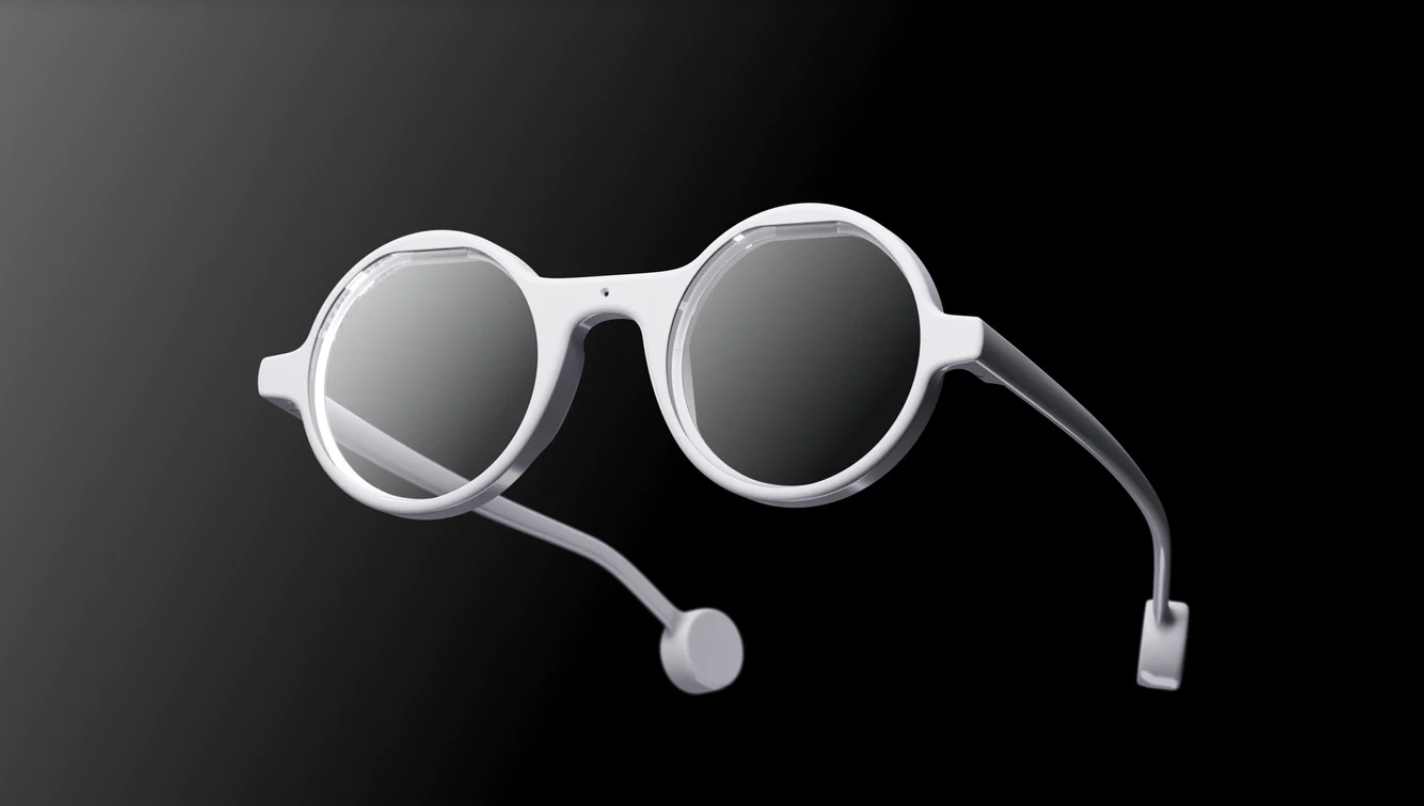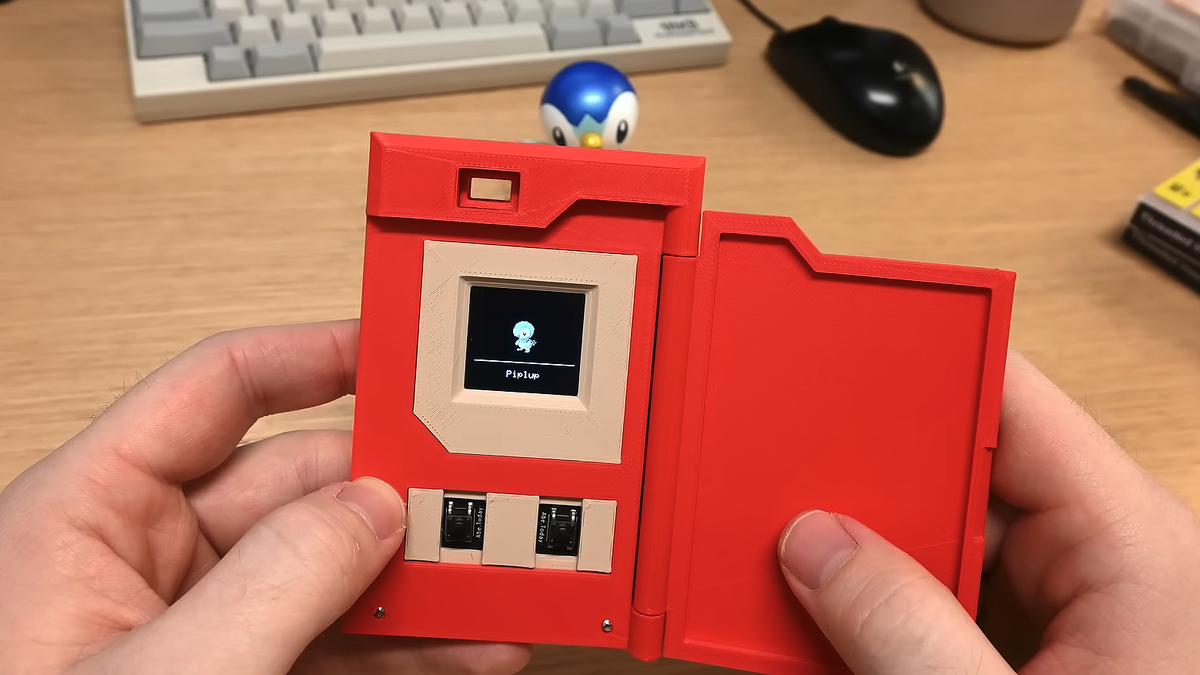- Vision Quest
- Posts
- This Week in Tech 007
This Week in Tech 007
February 2024
Disney & Epic Games join forces to supercharge virtual entertainment
This week Disney's teaming up with the wizards at Epic Games, throwing down a cool $1.5 billion to cook up a universe so vast, it's gonna make your head spin. Imagine hopping from a Star Wars battlefront to singing with Elsa, all without leaving your couch. With gadgets like the Vision Pro and Quest 3, we're talking immersion that'll make reality seem like a distant memory.
South Korea's crafting a floating city straight out of a sci-fi script, while Japan's sketching out its own water-top metropolis. Picture living on a high-tech lily pad, with Mother Nature's mood swings just a mere shrug.
Brilliant labs strides in with their AI-enhanced AR glasses for 350 as the shift to wearables continues. From brainy bots in our glasses to anime invasions in gaming, we're on the brink of a revolution that'll rewrite the playbook on how we play, watch, shop and even where we call home. So grab your gear and let's leap into the unknown, where the lines between pixels and reality blur into one Epic adventure.
Disney and the Metaverse
Disney's ambitious $1.5 billion investment in Epic Games heralds a new frontier in digital entertainment, setting the stage for a sprawling, persistent universe that transcends the gaming experience of Fortnite. This strategic alliance is poised to weave the rich tapestries of Disney's iconic universes, including Marvel and Star Wars, into an expansive digital world.
The integration of cutting-edge technology from devices like Apple's Vision Pro and Quest 3 promises to elevate this venture, offering fans an unparalleled level of immersion and interactivity. As we delve deeper into the 2020s, this collaboration is set to redefine the boundaries of gaming and entertainment, creating a dynamic space for creativity, engagement, and storytelling.
Check out these articles for more info
Gaming
Anime's influence in gaming is escalating, with its versatile art style captivating both kids and adults across various story types and player interactions. Its success is evident in games like Genshin Impact, which have set new standards for cross-platform play and have encouraged other developers to emulate their approach.
This trend is reinforced by significant investment from firms like Andreessen Horowitz, recognizing the potential in games that blend genres and art styles. With high average revenue per user evident at Miyoho for Genshin Impact, games like Nintendo's Zelda: Tears of the Kingdom are expected to follow that trend with strong returns. The anime trend in gaming shows no signs of slowing down in 2024, promising continued growth and innovation.
Urban Tech
The race to build the world’s first self sustaining floating city is on.
Facing the rising tide like a boss, South Korea's rolling out the world's first floating city, and Japan's not far behind with their own aquatic utopia. It's like living in a sci-fi flick, minus the apocalypse. These aren't your grandpa's houseboats; we're talking high-tech, self-sustaining, and eco-friendly floating neighborhoods.
Solar-powered, food-producing, and even AI-monitored health hubs on the water. And if Mother Nature throws a tantrum? These cities bob and weave like Muhammad Ali. The future's looking wet and wild, folks.
South Korea
South Korea is pioneering the construction of the world's first sustainable floating city in response to rising sea levels, with plans to start construction in 2023 in Busan. This innovative project, supported by Oceanix and UN Habitat, will consist of hexagonal platforms designed for living, research, and lodging, all powered by solar energy.
The floating city aims to be self-sustaining, with food and energy production integrated into the design, and will use advanced technologies like biorock for marine environment regeneration. This prototype could pave the way for more floating cities worldwide, offering a novel solution to coastal urbanization challenges. For more details, you can watch the full video on YouTube.
Japan
Japanese start-up N-ARK proposes Dogen City, a self-sufficient floating metropolis designed to accommodate 40,000 people, featuring housing, medical research centers, food production facilities, and even spacecraft launch sites, aiming to address climate change impacts, housing, and food shortages.
Dogen City is part of a growing interest in floating urban developments as sustainable solutions to land scarcity, rising sea levels, and the need for climate-resilient infrastructure, with examples already existing in various parts of the world and projects backed by the United Nations and nations like Saudi Arabia.
The city's design includes innovative features such as a tsunami-resistant outer ring, reconfigurable floating structures within the bay, and cultivation technology that uses seawater for plant nutrients, aiming to produce nearly 7,000 tonnes of food annually.
Funding and profitability are significant challenges for the project, leading to a strategic shift towards a product business model focusing on medical tourism, AI health monitoring, and an undersea data center to generate revenue, diverging from traditional construction business models.
While actual plans for Dogen City's construction are not yet in place and the cost is expected to be substantial, the concept aims to serve as a blueprint for future floating cities near regions affected by climate change, contributing to the emerging industry of floating urban development recognized by the Intergovernmental Panel on Climate Change.
Artificial Intelligence
Brilliant Labs has introduced a new pair of AR glasses priced at $350, featuring advanced AI capabilities. These glasses are designed to offer an immersive augmented reality experience by overlaying digital data onto the user's view of the real world.
With artificial intelligence integration, the glasses promise a more personalized and interactive experience, adapting to user interactions and preferences to enhance utility and engagement. This product stands out as an affordable option for those looking to explore the potential of augmented reality in everyday life.
Ray Kurzweil & Peter Diamandis on the future of AI
Ray Kurzweil discusses the revolutionary progress in AI, particularly in large language models like GPT versions by OpenAI and Google's Bard, emphasizing their significant impact on various fields including creative writing, coding, and communication, akin to the advent of written language.
Kurzweil expresses optimism about the future integration of AI with human intelligence, predicting a millionfold increase in our cognitive capabilities by 2045, which could potentially eliminate poverty and improve access to information for all.
He highlights concerns regarding AI, including the potential for large language models to propagate socially inappropriate content, but notes from his extensive use that such instances are rare and manageable.
Kurzweil reflects on the continuous exponential growth in computing power, unaffected by global challenges, and how this trend has contributed to advancements in AI and technology, becoming an integral part of human intelligence and daily life.
The conversation also touches on the potential of simulated biology and AI in physical work, with Kurzweil optimistic about overcoming major challenges like aging and enhancing education through AI, while also acknowledging the importance of addressing ethical concerns and ensuring technology benefits all of humanity.
A little extra…
Hey there, remember those good old Pokémon days? Well, get ready to be blown away! Imagine having a real-life Pokédex where you can chat away with an AI that's as clever as ChatGPT. It's like having a Pokémon expert in your pocket, ready to spill all the secrets about your favorite creatures, from Pikachu to Charizard. And the best part? It's right here, right now. It's not a game, it's for real! How cool is that? For all the juicy details, check out the full story.
Zuck finally tries the Apple Vision Pro
In a recent video, Mark Zuckerberg shared his experience with Apple's Vision Pro, comparing it to Meta's Quest, which he believes offers better value and performance for most mixed reality applications. Zuckerberg highlighted Quest's advantages in comfort, weight, field of view, and crispness without motion blur, despite Apple's higher screen resolution.
He also pointed out Quest's superior input methods, content library, and exclusive features like YouTube and Xbox compatibility. Zuckerberg emphasized Meta's commitment to an open model for the future of computing, contrasting it with Apple's closed system approach




